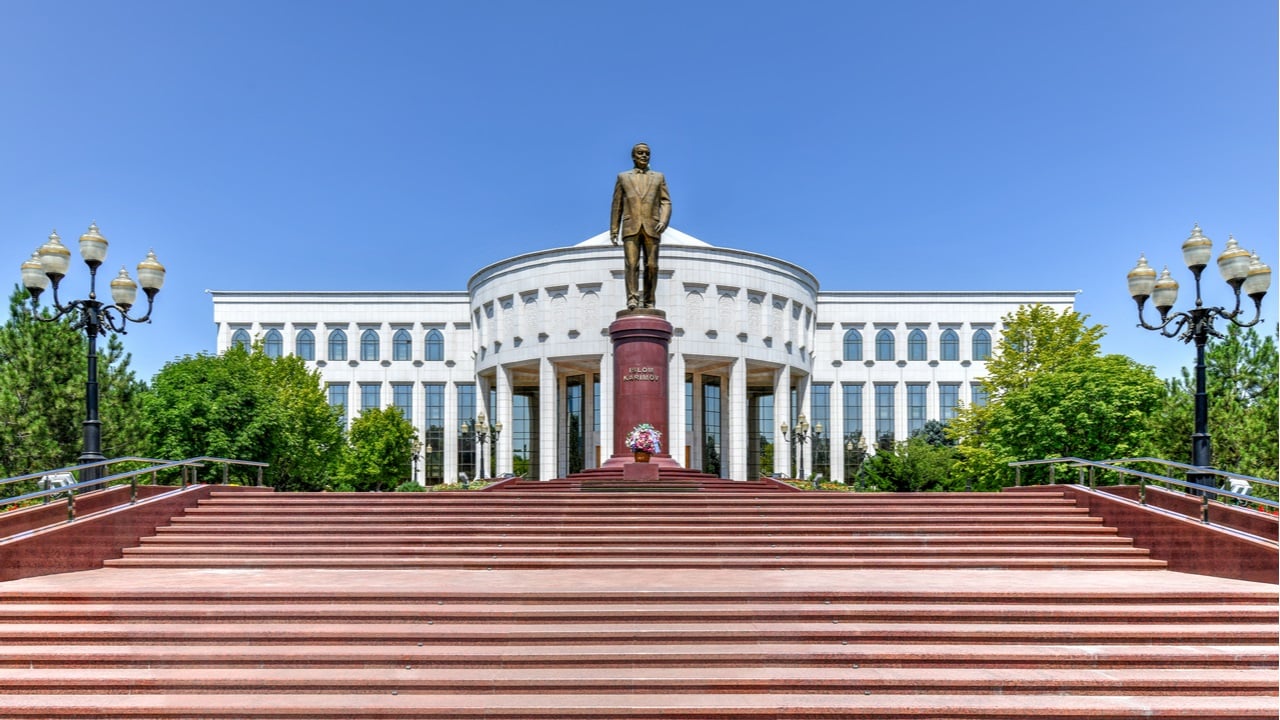
Changes to the rules governing activities of crypto exchanges in Uzbekistan now allow residents to trade coins on licensed platforms. Uzbekistanis could previously only sell their digital assets. The new provisions also regulate the issuance of tokens and their listing.
Uzbekistan Loosens Restrictions on Domestic Crypto Trading
Uzbekistanis will be able to trade digital currencies on the country’s licensed crypto exchanges. This has become possible after the National Agency for Project Management (NAPM) under President Shavkat Mirziyoyev recently amended the rules pertaining to local cryptocurrency trade.
According to the new regulations, residents of Uzbekistan can buy, sell, and exchange crypto assets domestically for their national currency, Forklog reported, quoting a decree issued by the agency’s director. Non-residents are allowed to exchange cryptocurrencies for foreign fiat as well.
Uzbekistan legalized crypto trading in 2018 but in late 2019 the government banned local residents from purchasing cryptocurrencies. They could only sell. The regulatory body explained that the lifting of the restrictions has to do with citizens changing their approach to crypto investing which has become “more rational and balanced.”
In September this year, the NAPM warned against trading on unregistered platforms, reminding residents that in accordance with the presidential decree “On measures to develop the digital economy in the Republic of Uzbekistan” and the law “On licensing and notification procedures,” crypto exchange operations are subject to licensing.
The amendments further concern the issuance and trading of digital tokens. The National Agency for Project Management prohibits the listing of unsecured tokens on local exchanges. The regulations define tokens as a unit of account secured by tangible or other property and used to attract investment, NAPM detailed.
Authorities in Tashkent have maintained a generally positive attitude toward the crypto space. In January 2020, they announced plans to establish а national mining pool, create a blockchain valley, introduce crypto tax exemptions, and establish a cryptocurrency exchange. Uznex, a digital asset trading platform operated by the South Korean entity Kobea Group, was launched later the same month.
However, the use of cryptocurrencies as a means of payment for goods and services is still prohibited in the Central Asian country. In September, the Central Bank of Uzbekistan ruled out the idea that bitcoin and the rest could be recognized as legal tender in the country. That’s unlikely to ever change, a high-ranking official was quoted as stating.
Do you expect Uzbekistan to further loosen its crypto regulations? Let us know in the comments section below.
from Bitcoin News https://ift.tt/3xlSapO
Comments
Post a Comment